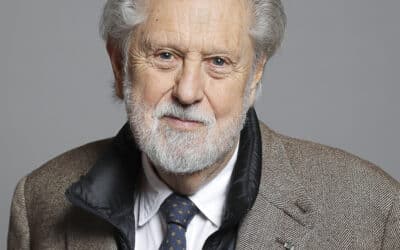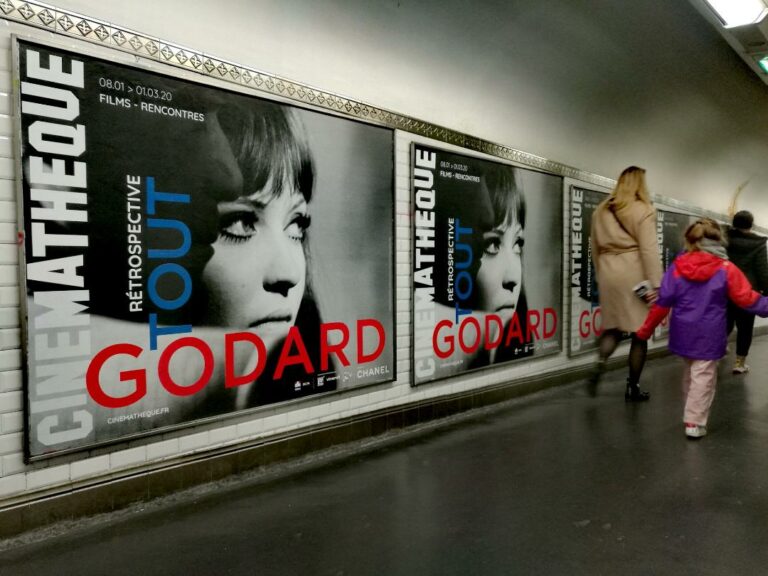Jean-Luc Godard, giant of French cinema’s new wave and the subject of numerous books from Manchester University Press, including Douglas Morrey’s seminal 2005 exploration Jean-Luc Godard, has died aged 91.
The director of radical sixties classics such as Alphaville and Breathless became synonymous with the revolutionary politics of the age. 1960’s Le Petit Soldat was banned in his native France, while 1966’s Made in the USA endured legal challenges in the US, ostensibly over copyright issues.
In 1968 he teamed up with other radical film makers of the era, including Soviet director Dziga Vertov, to form a collective that would help to successfully shut down that year’s Cannes Film festival in solidarity with the student riots in Paris.
Long a favourite of film students and aspiring bohemian radicals, Godard’s work in the sixties almost single-handedly invented the DIY-ethic of jump cuts and hand-held camera work, and directors from Martin Scorsese to Quentin Tarantino have cited his work as a key influence.
Godard endured something of a creative desert through much of the seventies and eighties, but enjoyed something of a renaissance in recent years. He was awarded an honorary Oscar “for passion. For confrontation. For a new kind of cinema” in 2010, while 2014’s Goodbye to Language picked up the Jury Prize at Cannes and 2018’s Image Book went one step further with a special Palme d’Or.











